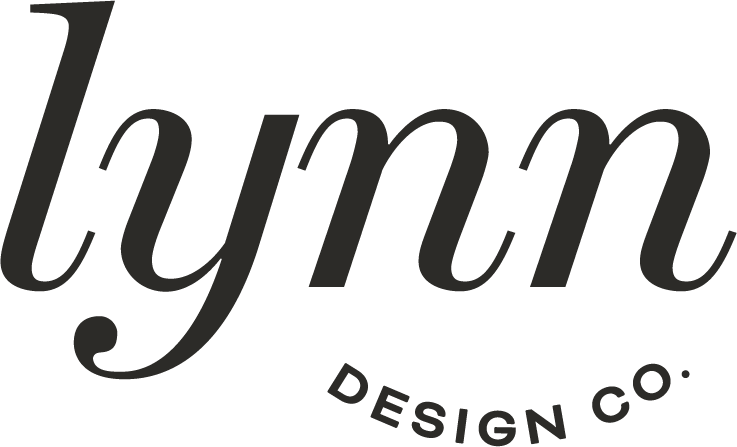You can get into a really bad place with your travel business if you start discounting. Once you offer discounts and promotions to customers they’re going to expect that to continue into eternity. You’ll attract new customers that only buy when discounts are offered.
So you can go that route and offer discounts all the time or you can focus on setting proper prices and using techniques to get customers to pay those prices and to feel good about doing so.
Here are some strategies to help with pricing based on psychological studies.
Retrospective Commentary
Many of your customers in travel are repeat customers. There is a finding in psychology that people tend to overvalue past decisions in retrospect. And you can use that to your advantage when selling your service.
Tap into the way people feel about their past decisions. Say things like, “Remember how you felt the last time you came to visit? Feel that way again by booking your trip for this season!”
It can also work with new customers that you haven’t won over yet. Talk about how they remember that great family trip they took when they were a kid or that road trip they took in college. That trip may not have been with your company in any way, but you can tap into that retrospection and convince the person to recreate that feeling again with you for full price.
Using Comparisons To Your Advantage
There are two psychology ideas called The Anchor Effect and The Relativity Trap. Both deal with comparisons and how you can use them to create the proper price for your service and get people to pay it without discounting.
Now, both of these can be used in discounting. But we’re trying to avoid discounting. So here is what you do for your prices.
First, compare what you’re offering to something similar. Say you offer guided hikes around a beautiful lake while a competitor offers boat rides. The boat rides have their price. That price is likely more because the company has to pay for gas, maintenance, etc. So take that price and compare it to yours and throw in that your customers get more because they see both the lake and what’s on land. This way your price appears to offer more for a lower price, but you can charge appropriately based on your expenses and profit goals.
Second, compare prices within your own offering. In this post on PSYBLOG it’s mentioned that restaurants will sometimes include high-priced items simply to make the other prices on the menu not seem too bad. So you have your main sweet spot offering. Add a more expensive package or even a couple and it will make your sweet spot item easier to handle for your customers.
Making Decisions Months In Advance
In the travel industry people can make decisions many months in advance. When they’re planning a trip they are looking months in advance sometimes and that can have an impact on their perception of quality.
In one study, when people read about a product coming out in 6 months, the item that had a higher price was perceived to be of better quality. And you can use that to your advantage if your customers are making plans months in advance.
If they’re comparing your prices to a competitor’s it can actually be better for you to have a higher price because the customer will think yours is of better quality.
Set Your Prices
After hearing about those things you can now set your prices.
First, you have to base the prices on a couple things including what others are charging for similar things. You also have your costs and things that go into the product and service. So you have to use those to create a margin that will provide you with a good living.
Start with that exercise (what others charge and what you need) to get a start. Then use the things above to help make that price effective so you don’t need to discount.
Use retrospective copy to help sell.
Compare what you’re selling to the competition and to other things you’re selling.
And take advantage of the fact that people perceive higher quality with price when they’re looking months out from when they’re buying.
This will help you maintain proper margins so you’re happy and so you can focus on growing the business instead of eking out a living with discounted prices.
Image: Allan Ajifo





